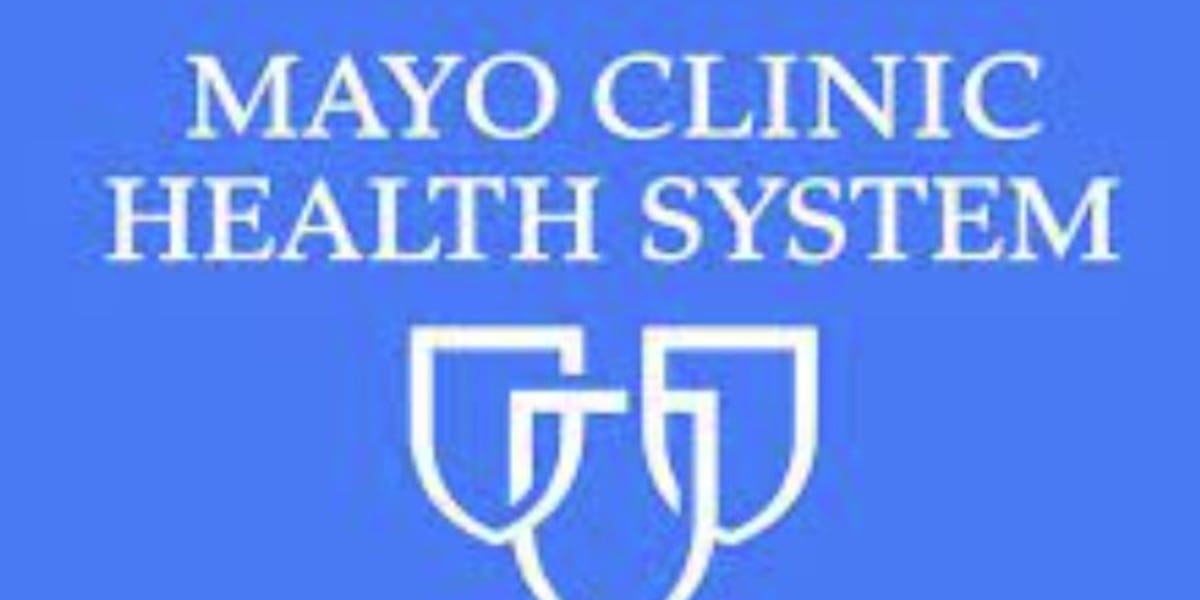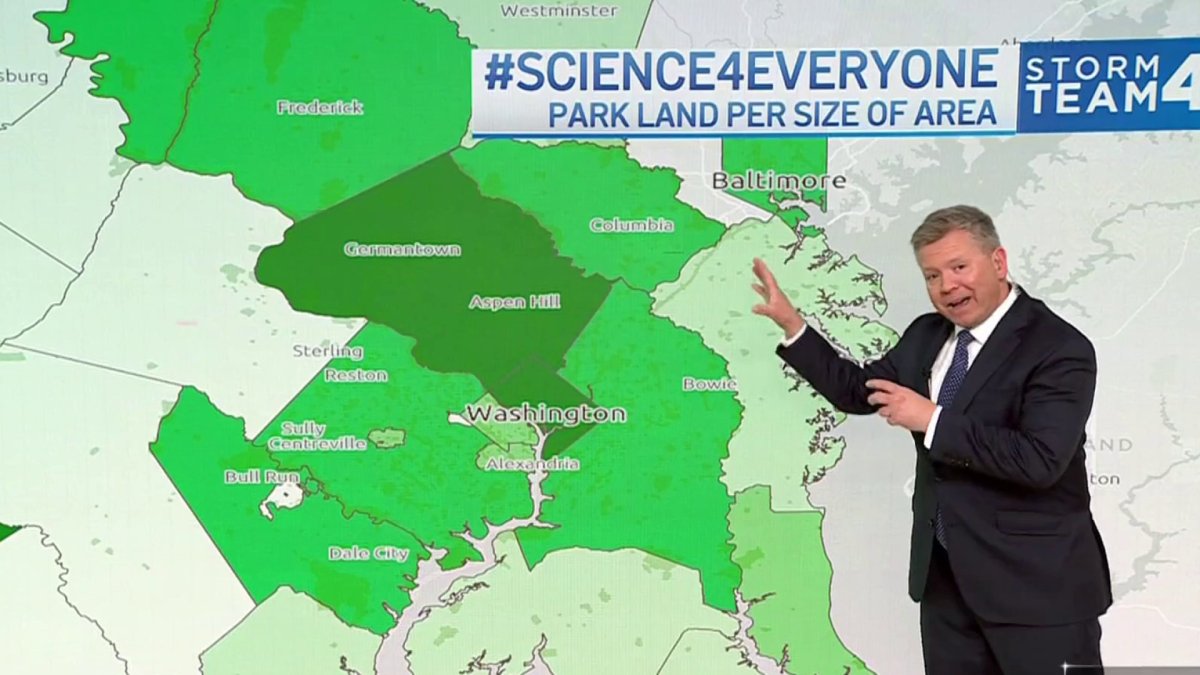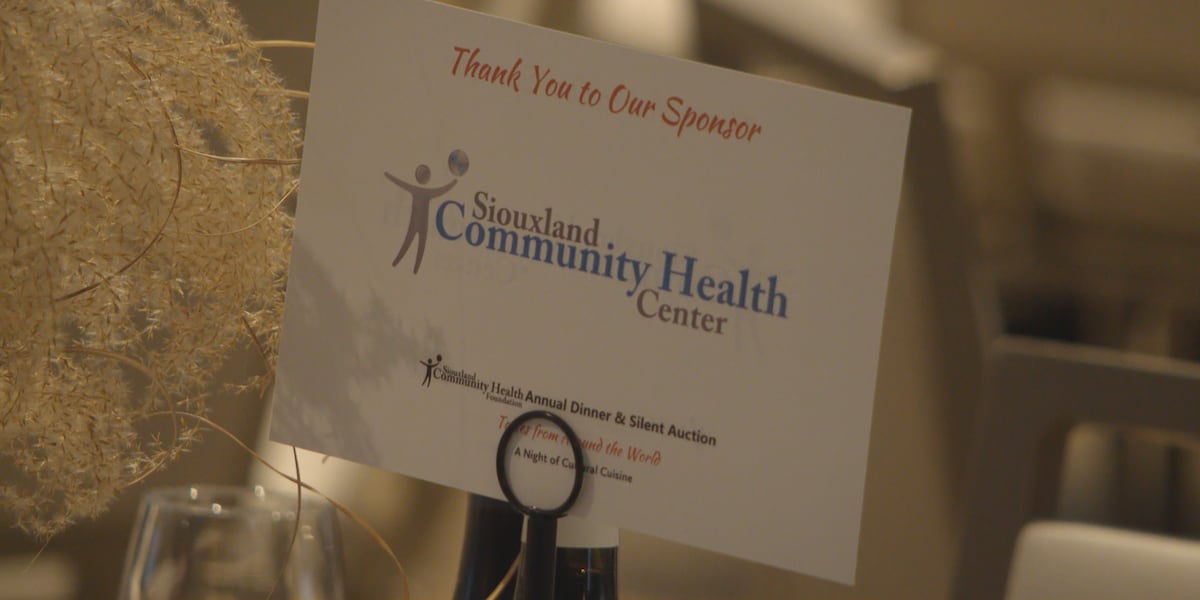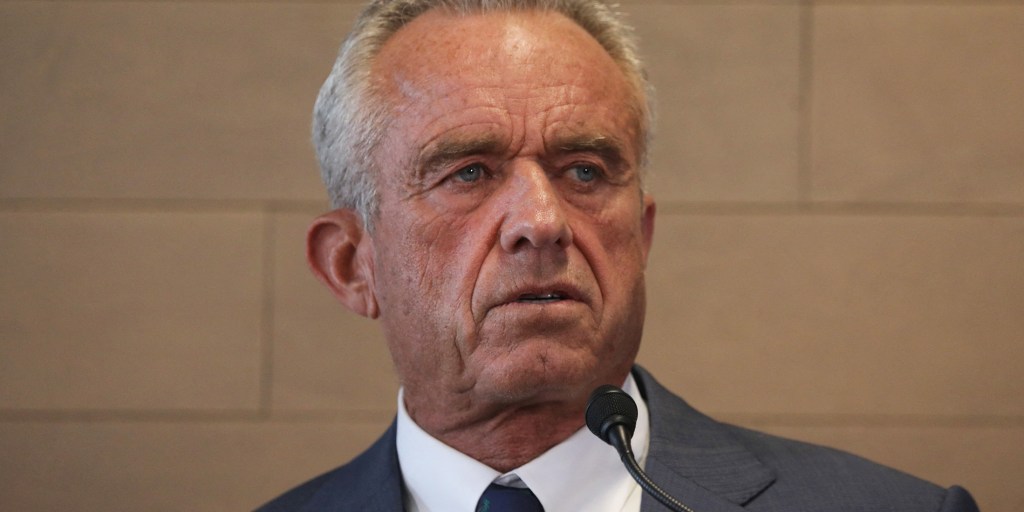Tylenol Maker's CEO Breaks Silence: Autism Allegations Challenged in High-Stakes Meeting with RFK Jr.

In a high-stakes meeting this week, Kenvue's interim CEO and director sought to prevent the potential inclusion of Tylenol as a possible autism trigger in an upcoming report by US Health and Human Services Secretary Robert F. Kennedy Jr. The private discussion, first reported by the Wall Street Journal on Friday, highlights the pharmaceutical company's proactive approach to protecting its reputation and addressing potential health concerns.
Kenvue, the maker of the widely used pain reliever Tylenol, appears to be taking swift action to mitigate any potential negative implications that could arise from Kennedy's upcoming report. The behind-the-scenes meeting underscores the sensitive nature of linking common medications to neurodevelopmental conditions and the potential impact such claims could have on public perception and consumer trust.
While details of the conversation remain confidential, the meeting signals the company's commitment to addressing scientific claims and protecting its brand in an increasingly scrutinizing healthcare landscape.








